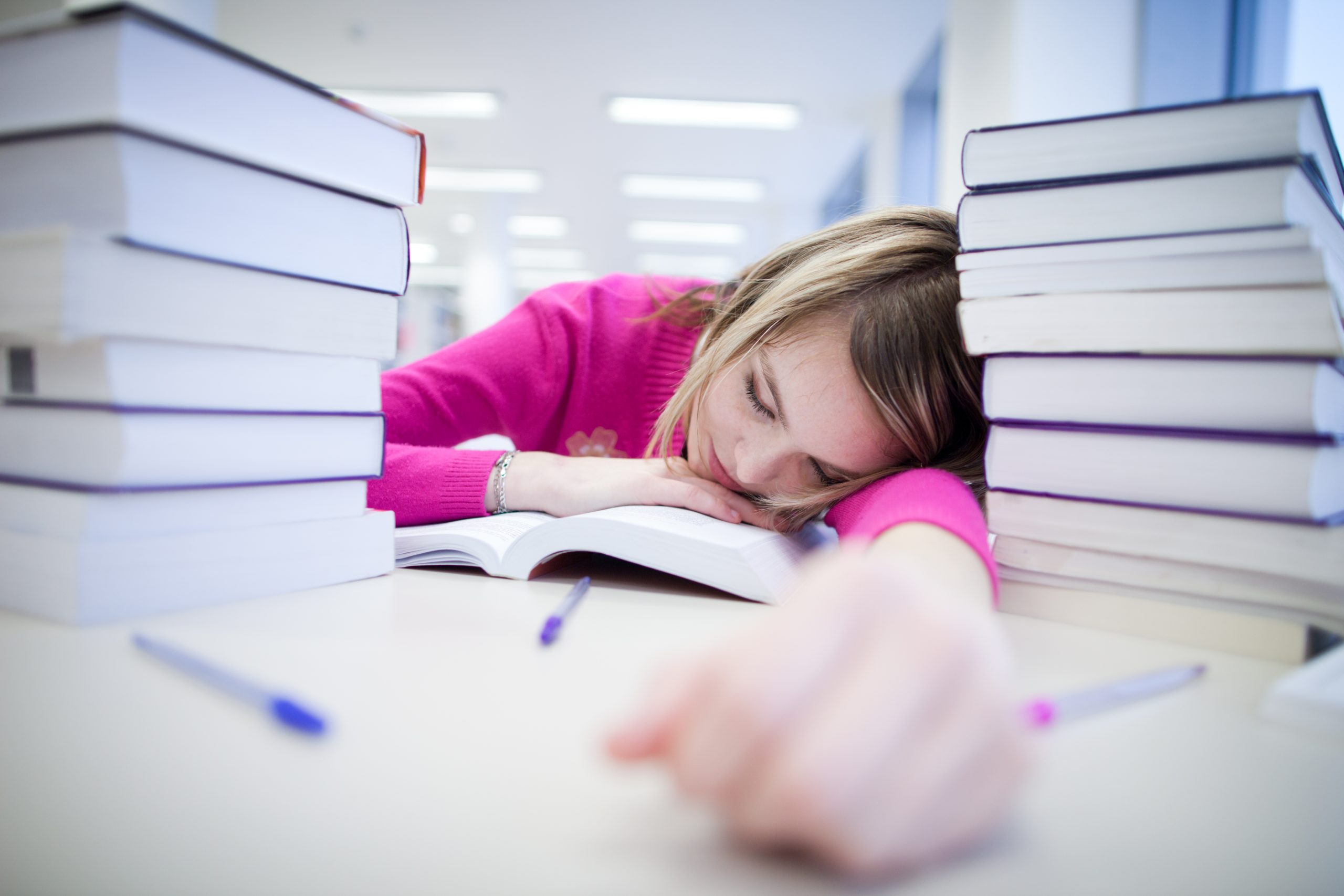
13 Nov You Snooze, Or You Lose
Their best chance of an ‘A’ begins with some Zzzzzzzz’s.
Starting back the first week of last term, I anticipated that some of the girls would be enthusiastic with stories from their holidays, or, maybe even fully refreshed with bountiful energy to put into their work.
They yawn, do not contribute to group discussion. Some sit eating bags of crisps and I think that may be the only thing keeping them awake.
I mention to the girls that we have some content to get through first before we move into the craft projects they have been working on in their L2L group and apologise that its boring. One girl mentions that it’s not boring, it’s just that they are all very tired. She adds that she stayed up until 2am playing “Fortnite” online. Another girl mentions that she had panic attacks during the evening and could not sleep due to her anxiety. Generally, exhaustion in this group of girls is somewhat contagious as they all seem to present with the same demeanour. Slouched over, tired eyes, leaning on their arms.
I completed an online webinar some days later, presented by Dr Chris Seton, a Paediatric & Adolescent Sleep Physician working out of Children’s Hospital Westmead. This session covered the modern understanding of teenage sleeping patterns and the impact this has on both their individual learning and mental health.
According to this session, 70% of Australian teenagers are chronically sleep deprived on school days, which as we know, the effects are not just limited to tiredness and academic failure. Sleep deprivation affects many day-to-day decisions for teenagers, including poor food choices and links to obesity, increases cortisol (stress hormone), and an increase in feelings of depression and anxiety.
Also known as a “conditioned insomnia,” there are multiple factors contributing to sleep deprivation in our teenagers. Late body clocks, inflexible school start times, ambition, pressure, stress and high expectations. Add to this the fact that over 96% of surveyed teenagers admitted to screen use within an hour before their bed time, and it leaves me with no wonder that my groups of girls are struggling to keep their eyes open, let alone contribute to group discussion and tasks before 10am.
Moving forward, I emphasise how important it is to prioritise their sleep, their health, over their fear of missing out. In the age of social connectedness (where being asleep can mean you miss 20 messages in the group chat or worse!) screen time delays bed time and removing this alone could allow for the required and recommended 9hours + of sleep that teenagers require, every night.
We start every weekly session with a 10 minute guided mediation and each of the girls report that this leaves them feeling re-energised and awake, and some have even begun practising this at home. Building on healthy sleep habits leads to healthy sleep patterns, optimising learning opportunities and promoting resilience in coping with daily stresses. I hope that these small changes and discussions that we have in L2L can influence their decisions to take responsibility for their sleep, in turn giving themselves the best chance to enjoy and thrive everyday.
